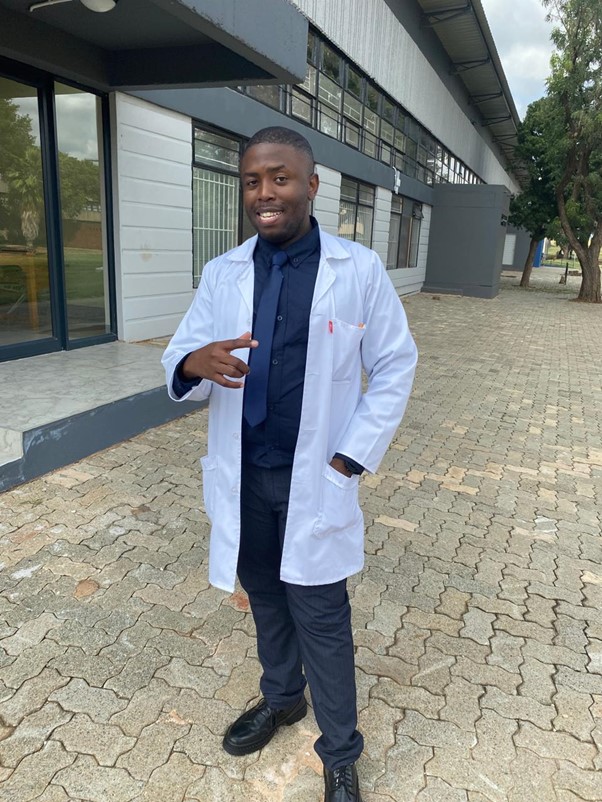Student doctor Kgothatso Legong gets to the heart of medical practice during his rotation in Cardiology.
______
During my week-long rotation in the cardiology department, I found myself immersed in a specialised world where science, technology, and human compassion intertwine to treat one of the most vital organs in the human body. Cardiologists often become the detectives of medicine, piecing together clues from symptoms to diagnose conditions and craft treatment plans. My experience not only deepened my understanding of cardiac health but also inspired me to view medicine through a more profound lens.
The beginning
From the outset, the rotation was characterised by a rigorous schedule filled with early mornings and late nights, echoing the demanding lifestyle of medical professionals. Each day began with a morning report where consultants and registrars gathered to discuss cases from the previous day. Listening to the detailed accounts of patients' histories, physical examinations, and diagnostic challenges was both enlightening and humbling. I quickly appreciated how every detail mattered—what might seem trivial could reveal a significant insight into the patient’s condition.
On Monday, we had an online class, and the specialist cardiologist detailed how different cardiology will be when we do it in person. He told us about clinical examination and then instructed us to clerk specific patients in the ward which we will discuss the next day. I and my unit were so fascinated when we examined a patient who had a valve replacement. The doctor told us that we need to study hard as we walked in the ward and saw chronically ill patients. The doctor told us that we need to take those patients into confidence and their suffering needs to motivate us.
Hands-on experience
A significant highlight of the rotation was participating in various diagnostic procedures. Observing an echocardiogram for the first time was mesmerising. The real-time images of the heart valves opening and closing, the rhythmic heartbeat portrayed in clear visuals, and hearing the thumping sound of blood flow felt almost cinematic. It illuminated the heart's complexities and its role in sustaining life. Furthermore, attending a stress test provided insights into both the physiological responses during exercise and the importance of evaluating cardiovascular health.
One of the most profound learning experiences came during my exposure to patients suffering from heart failure. I distinctly remember a middle-aged man who shared his struggles with breathing due to fluid overload. His story resonated with me, as I realized that behind each diagnosis are human lives experiencing challenges, fears, and hopes. Witnessing the doctor's empathetic approach made it evident that a successful treatment plan is only one part of healing; understanding a patient’s emotional landscape is equally crucial.
The rotation also eased my fears of working with advanced medical technologies. From the intricacies of electrocardiograms (ECGs) to the use of catheterization, technology in cardiology is both sophisticated and user-friendly. I appreciated how these tools could aid in quick and accurate diagnoses, ultimately leading to better patient outcomes. It reinforced the notion that the medical field continuously evolves, and as future physicians, adaptability is essential.
Reflections
As my week in cardiology came to an end, I felt a mixture of gratitude, excitement, and a newfound passion for the field. The experience not only solidified my interest in cardiology but also deepened my appreciation for patient care that combines medical knowledge with compassion. Each patient encounter underscored a vital lesson: at the core of medicine is the human experience. As I look to the future, I carry with me the insights gained from this rotation, ready to contribute to the symphony of healing hearts in my medical career.

______
To read more student articles like this visit our student hub.